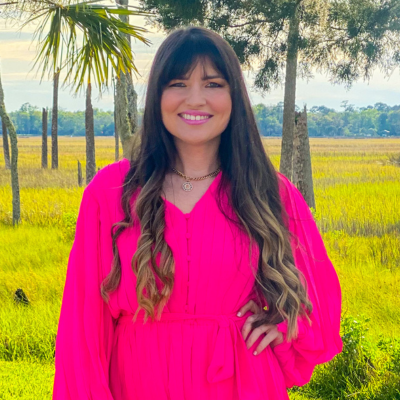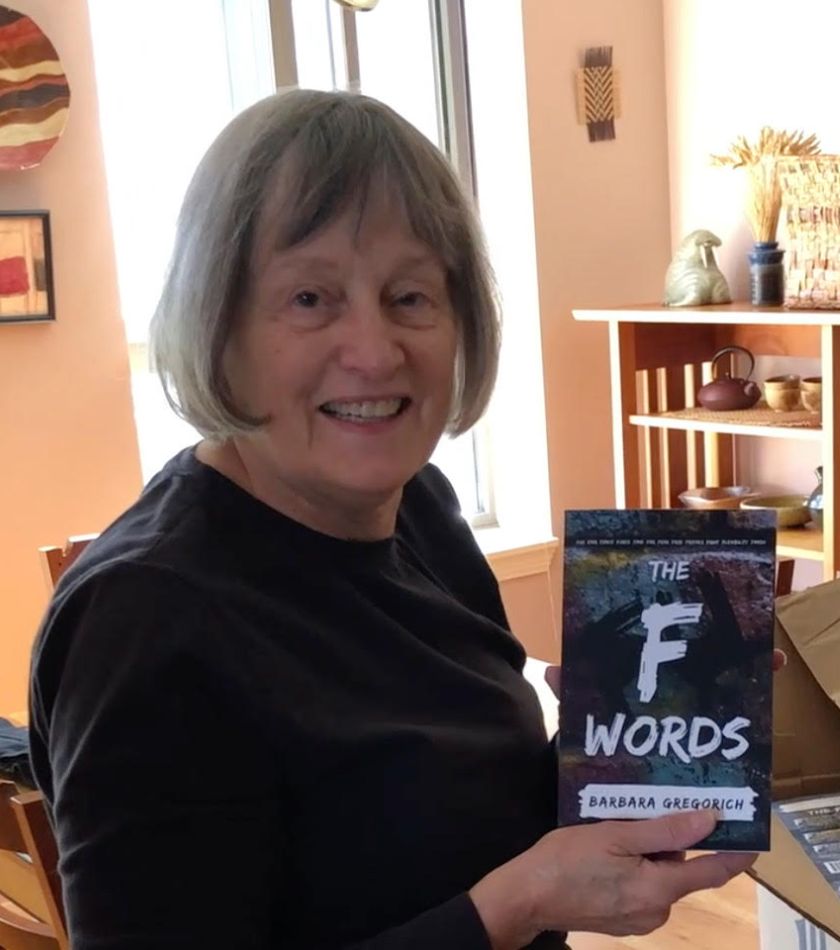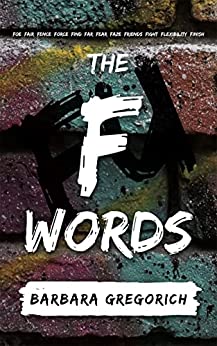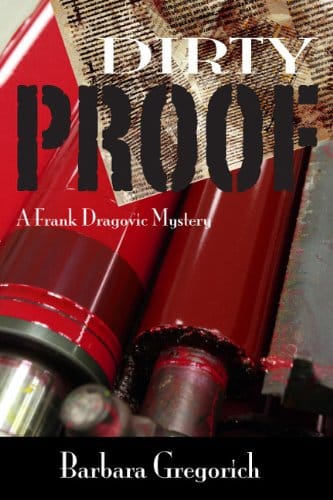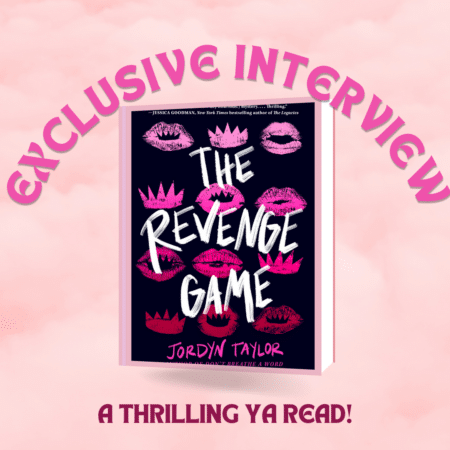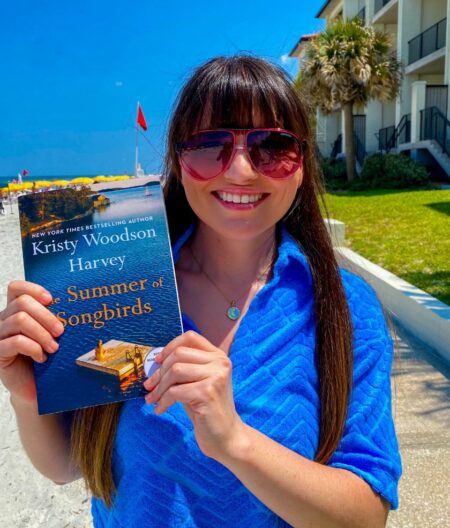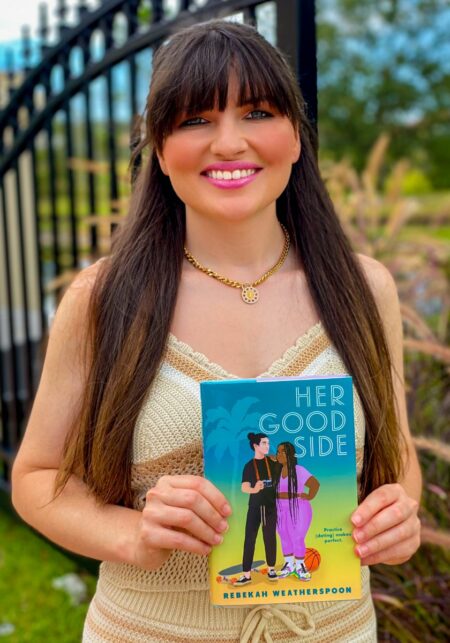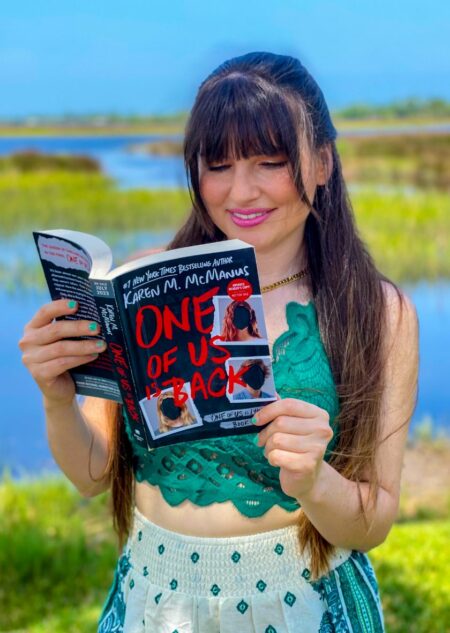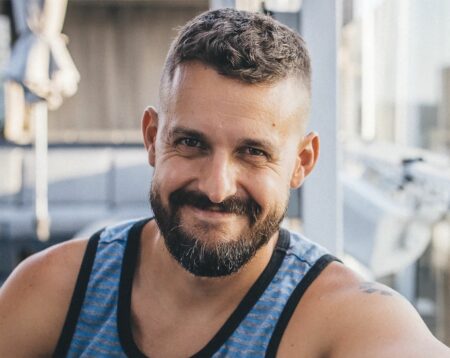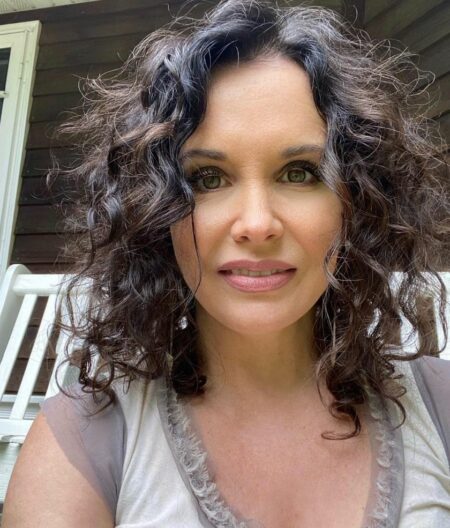Today, Author Barbara Gregorich Interview is here. Gregorich joins me for an exclusive interview to chat all about her latest novel, The F Words. The book is told from the perspective of Cole, who lives in Chicago, and faces prejudice from the world around him.
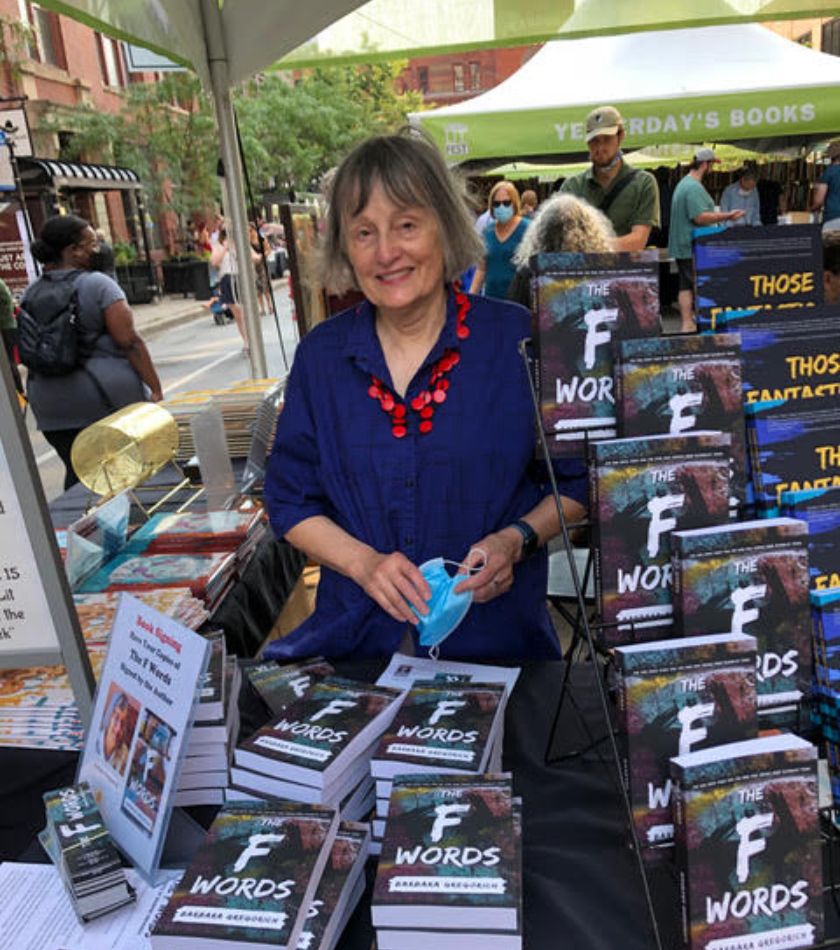
Welcome Barbara! Glad to have you for this exclusive interview. Tell readers what they can expect when they read The F Words.
Readers can expect, first of all, enjoyment from a good story: one whose strong characters face formidable obstacles. A story with action and—even though the subject matter is serious — a story with a lot of humor. Readers can also expect some poetry, each about a word starting with the letter F. The plot, characters, action, humor, and poetry are things readers will experience in real time as they read the novel. But there are timeless elements that will stay with readers long after they’ve read the book. These are the deeper issues in the novel: issues such as the strong ties of friendship, the need for social justice, and the right to free speech.
The main character, Cole Renner, is focused on justice and the repercussion of actions throughout the book. What was the inspiration behind having those themes throughout the book?
There were two inspirations behind these themes. The first was life around us: the increase in the deportations of immigrants, the police murders of Black Americans such as Michael Brown and George Floyd, the growing threat (now actualized) to take away women’s control over our own bodies, and the insidious attacks on public education (in Chicago, where The F Words is set, the Chicago Board of Education permanently closed more than 50 schools in one year, all in working-class neighborhoods). I came up with the plot of The F Words in 2016 while participating in a huge pro-immigrant rally in Chicago, attended by thousands of people, many of them teens. This march plays a role in the novel.
The second inspiration (although I suppose you can call it the first chronologically) was that when I was in my teens and early twenties, I participated in and helped build demonstrations for social justice, including demands for ending the war in Vietnam, equality for Black Americans, equality for Latinos and Latinas, an end to discrimination against gays and lesbians, and equal rights for women. My experiences then are a strong part of who I am, and when I see that young people today are facing many of the same injustices we faced in the Sixties, I want to help not only by being there but by writing fiction that inspires people to fight for social justice and shows them how to do so.
Who was your favorite character to craft in The F Words?
Felipe, but not just because his name starts with an F. I enjoyed crafting Felipe because he embodies both American culture and Mexican culture. He speaks two languages fluently, moving back and forth between them without effort. He’s hugely sociable and well-liked by his fellow students. He’s very polite, as when he always buys a houseplant from Mrs. Green.
Proud of all things Mexican, as when munching on Tia Stacey’s pumpkin chocolate chip cookies, he informs her that the pumpkin originated in Mexico. Very perceptive, as when he instantly recognizes Jillian’s anti-immigrant campaign slogan. Very responsible, as in the way he organizes and runs student meetings. Very brave, as when he tries to bar the door against ICE agents. I have often said that The F Words shows the qualities of ordinary, working-class people, and Felipe (as well as Cole) embodies these qualities.
The title is very intriguing, and once you read the story, you can see how it pertains to it. Was this always the title of the book?
Yes. The opening scene, in which Cole spray-paints the school wall, is caught by his English teacher, and is assigned to write two poems a week, each of which is about a word that starts with F—this scene came to me in a flash, and from that moment on, from its very inception, the book was titled The F Words.
What is it you hope readers take away from the story?
Three things: (1) an understanding that young people (as well as the rest of us) want a world based on justice, not privilege, and that we can work together to achieve such a world; (2) a deep appreciation of friendship and its powers to nurture, embolden, and shape individuals; (3) awe and amazement over the power of F words—Old English words that have been in our language more than a thousand years, words which express our deepest loves and fears, words such as fair, fang, fast, father, feed, fight, forgive, free. I’ll go no further.
Let’s talk about your writing process. How long did it take you to craft The F Words?
From inception to publication took five years. But the actual writing and rewriting took only two years. I started in late 2016 by creating a notebook with characters and plot points. Then I started the first draft early in 2017 and finished mid-year. I let the book rest for a couple of months and proceeded to the second draft, finishing in late 2017.
I started the third draft in January of 2018, finished in March, and had the fourth draft finished by May. I then consulted a writing coach (Esther Hershenhorn) and based on her perceptive suggestions I reworked several different threads that needed to be woven together more tightly. (Among these were Cole’s cross-country running, Cole’s relationship with his father; Cole’s thinking about F Words; and Cole’s F-word poems.) I finished the fifth and final draft by December 2018. In April of 2020 City of Light Publishing offered me a contract, and in September 2021, The F Words was published.
Most of my books take two or three years to write and three or four drafts. This book took only 24 months to write, but it took one draft more than usual.
Walk us through a day in your life when writing.
I wake up around 7 a.m., and while Phil, my husband, makes breakfast, I spend some time on social media. During breakfast, Phil and I do a crossword puzzle, usually The New York Times or The New Yorker. Sometimes we work on the same puzzle together, sometimes, we take turns filling in two answers each, and sometimes we print out two copies of the crossword and race to see who can finish first. After our crossword is done, I either go on a walk and then wash the dishes or vice versa: wash the dishes and then go on a walk.
Between 9:30 and 10:00, I go into my office and work on my current book, whatever that may be. Non-book writing is relegated to afternoons and evenings: mornings are for books only. I’m a morning person, and I like that morning energy to flow into the book I’m working on.
My goal is to write for 90 minutes each morning, but I have found that, when necessary, I can accomplish a lot in even 30 minutes. I think that when writers commit to writing for only a short amount of time each day, they think about their book all day long so that they’re ready to go the next time they sit down at the computer. No moment is wasted. I can write two pages in half an hour, sometimes three. For me, that’s a fast pace.
While I’m writing, Phil is in his office playing music, either on the hammered dulcimer or the autoharp. If he’s playing tunes (i.e., instrumentals: no words), we keep our respective doors open. If he’s singing songs, we close our doors because the words in the songs interfere with the words in my head as I’m writing.
In the afternoon, I make lunch, and we work on computer word games. We always do the mini-crossword, Spelling Bee, Letter Boxed, and our new fave, Wordle. Then Phil does the lunch dishes, and we go back to work.
My afternoon is spent on marketing, which includes trying to find a publisher for whatever book I have available, writing blogs, developing presentations for library programs (my current program is titled The Power of F Words), and answering correspondence. If I have time, I work out with weights in the late afternoon.
When I first became a self-employed full-time writer, I used to work until 8:00 or 9:00 each night. I no longer do that. I like to end my day at 4:00 (5:00 if I get those weight workouts in), enjoy dinner, and spend the evening reading, streaming mystery programs, going out to dinner with friends . . . or plotting my next novel.
Did you always want to be a writer?
From the time I was five or six until I was eleven, I wanted to be either a writer or a baseball player because I loved both playing baseball and writing stories. By the time I was eleven, it finally dawned on me that women were excluded from baseball. Thus, writer moved to the top of my list, and baseball player faded. I didn’t know it at the time, but I would end up writing about women in baseball, first with the novel She’s on First, then with my nonfiction work, Women at Play: The Story of Women in Baseball.
Before I let you go, is there anything else you want to add?
I want to thank you for the interview and the interesting questions. The only thing I want to add is that while The F Words is marketed as a YA novel and is written for teens, it is also a novel for all ages. I smile whenever I read a review written by an adult who, for one reason or another, picked up The F Words, read it, and was astonished to find they loved it—because, as they put it, they would never think of reading a YA novel. I think we shouldn’t allow marketing categories such as Elementary, Middle Grades, YA, Adult (or Romance, Sci-Fi, Contemporary Realism, etc.) to push us into restrictive channels. What I love above all is a good story that stimulates brain cells and tugs at heartstrings: such stories can be found in all marketing categories.
Where can readers find you on social media?
Readers can find out more about The F Words at The F Words – cityoflight.com (cityoflightpublishing.com). My web page, barbaragregorich.com, contains my newsletter, information on events, and many links to articles about my books. The F Words portion of my web page contains links to all my blogs about the book. You can also access my blog directly by visiting barbaragregorich.wordpress.com. On Twitter, I’m @fwordsya, and on Facebook, I’m www.facebook.com/fwordsya.
That concludes Author Barbara Gregorich Interview. I really enjoyed learning more about The F Words. Leave a comment below about what you enjoyed most about today’s chat.
Are you an author? Want to have an exclusive interview with HeyitsCarlyRae? Contact Us today!
Popular Books of Barbara Gregorich
The F Words by Barbara Gregorich
Genre: Young Adult
The F Words centers around Cole Renner, a high school sophomore. He runs XC and works hard to win. Caught tagging the F word at school after his activist father’s arrest, he is sentenced to write two poems a week that start with the letter F. Will Cole write the right words to fight for justice? Or will he get lost in the chaos?
Read the full more about The F Words by Barbara Gregorich.
Buy this Book: Amazon | Books-a-million | Barnes & Noble
Dirty Proof: A Frank Dragovic Mystery
Genre: Mystery
Rising executive Ralph Blasingame fell into the presses late one night and now his former lover is accused of his murder. Private eye Frank Dragovic has his work cut out for him and a list of suspects. The question is who is innocent and who is not.
Read the full review of Dirty Proof: A Frank Dragovic Mystery.
Buy this Book: Amazon | Books-a-million | Barnes & Noble
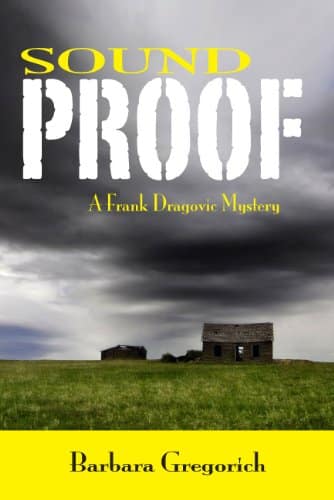
Sound Proof: A Frank Dragovic Mystery
Genre: Mystery
Private Eye Frank Dragovic is back in book 2 working undercover at a folk festival as a carpenter. Then a murder happens and now Frank must figure out if there is just one killer or more on the loose. Will he unravel the whodunnit mystery in time?
Read the full synopsis.
Buy this Book: Amazon | Books-a-million | Barnes & Noble
